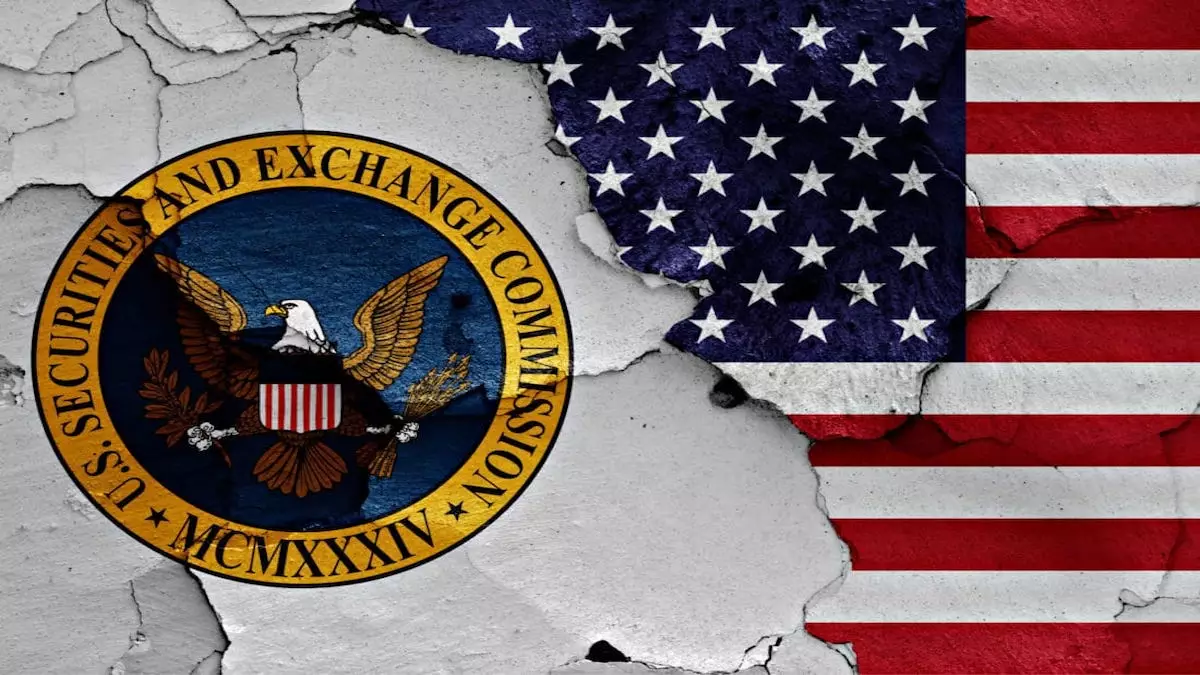The recent Wells notice issued by the U.S. SEC to OpenSea has put the spotlight on digital-asset regulation and raised concerns about the classification of NFTs as unregistered securities. This development has sparked discussions about the potential consequences for OpenSea, the NFT market, and the broader crypto industry.
The SEC’s allegation that some NFTs traded on OpenSea could be considered unregistered securities has raised questions about the platform’s compliance with securities laws. OpenSea CEO Devin Finzer has made it clear that the company intends to fight the accusation, arguing that NFTs should be seen as digital art and forms of self-expression rather than investment vehicles. The SEC’s scrutiny of OpenSea is part of its larger objective to apply securities laws to the crypto and NFT sectors, potentially leading to enforcement actions against companies in the space.
The regulatory assault from the SEC has put the NFT world on high alert, with creators, developers, and marketplace operators unsure of how it will impact their industry. The SEC’s efforts to regulate NFTs using traditional securities laws could have a chilling effect on the vibrant and creative energies that have fueled the NFT marketplace’s growth. The ongoing investigation of Yuga Labs, the creator of the Bored Ape Yacht Club NFT collection, further underscores the regulatory scrutiny facing successful NFT projects.
The SEC’s attempts to regulate NFTs and the platforms that host them could challenge the principles of decentralization that underpin the NFT ecosystem. By imposing regulatory requirements on decentralized platforms, the SEC risks pushing them towards more centralized control, undermining the core ethos of permissionless interaction between creators and users. This could have far-reaching implications not just for the NFT market but for the broader digital economy.
If the SEC prevails in its case against OpenSea, the NFT sector could face increased regulatory oversight and compliance costs, potentially pricing out smaller creators and making NFT platforms more exclusive. However, the SEC’s actions could also lead to calls for a more tailored regulatory framework for NFTs, which could benefit the ecosystem in the long run. Balancing consumer protection with the unique characteristics of NFTs and blockchain technology will be crucial in shaping the future of the industry.
The SEC’s Wells notice to OpenSea represents a pivotal moment for the NFT market and the broader crypto industry. As regulators seek to apply traditional securities laws to a rapidly evolving digital landscape, it is essential to strike a balance between ensuring market integrity and fostering innovation and creativity. A nuanced and thoughtful approach to regulation that acknowledges the unique nature of NFTs is needed to safeguard the future of digital art and collectibles while supporting the growth of the blockchain ecosystem.

